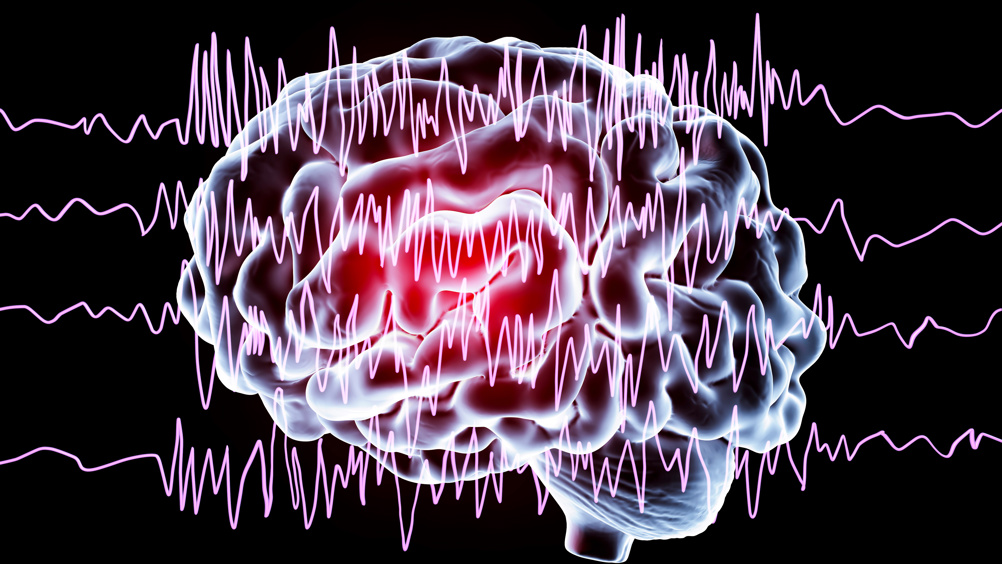
Epilepsy
Epilepsy is a specific type of neurological disorder in which the affected person suffers from repeated seizures or fits that comes without warning or it is a disorder characterized by recurrent seizures, which are sudden, brief episodes of abnormal electrical activity in the brain. These seizures can cause a variety of symptoms, depending on which part of the brain is affected and how widely the abnormal electrical discharge spreads.
Causes: Epilepsy can be caused by a variety of factors, including
Genetic influence, Head trauma,
Brain conditions, Infectious
diseases, Prenatal injury, Developmental disorder
- Types of Seizures: There are different types of seizures that people with epilepsy may experience. These can be broadly categorized into focal seizures (which affect specific areas of the brain) and generalized seizures (which involve both sides of the brain).
- Diagnosis: Diagnosing epilepsy typically involves a thorough medical history, neurological examination, and various tests such as EEG (electroencephalogram), MRI (magnetic resonance imaging), and sometimes additional tests like CT scans or genetic testing

Symptoms
Based on the type of seizure and the part of the brain affected, epilepsy symptoms can differ significantly. Typical signs of epilepsy include the following:
Focal seizures: also known as partial seizures, start in a particular area of the brain and can result in limited symptoms like the following:
- Strange motions (such jerking or twitching of a body component)
- Sensational changes (tingling, numbness)
- autonomic symptoms (sweating or heart rate variations, for example)
- Cognitive or emotional shifts (such as an abrupt fright or déjà vu)
Aura: Before a seizure happens, some epileptics perceive an aura, which is a warning indicator. A sensation, odor, or visual disruption that precedes a seizure can be the manifestation of an aura.
Postictal phase: Following a seizure, there may be a window of time called the postictal phase in which a person may:
- Bewilderment
- Headache
- Inability to communicate or comprehend others
- Exhaustion
- Memory loss pertaining to the seizure incident

Generalized seizures: These seizures can cause the following and affect both sides of the brain:
- Seizures known as tonic-clonic convulsions, characterized by stiffness followed by jerking motions
- Brief moments of inattention or prolonged periods of staring are the hallmarks of absence seizures, formerly known as petit mal seizures.
- Unconsciousness
Other symptoms: Epilepsy can occasionally be linked to additional neurological or behavioral symptoms in addition to seizures, like:
- Cognitive challenges
- Alterations in mood or emotional disruptions
- disruptions to sleep
- Depression or anxiety
Natural home treatment
Boil ½ cup of milk and add ½ cup of water. Add 3-4 crushed garlic in it and boil till it reduces into ½ cup. Stain the milk and drink everyday to enhance your neurological health
DISCLAIMER :consult your doctor before use